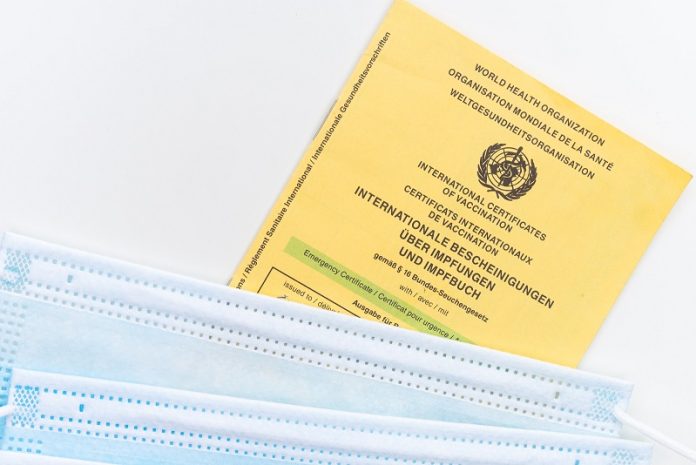WHO’s Technical Advisory Group on SARS-CoV-2 Virus Evolution (TAG-VE) was convened on 26th November 2021 to assess the variant B.1.1.529. Based on the available evidences, the group of experts has advised WHO that this variant should be designated as a Variant of concern (VOC), and named Omicron.
The B.1.1.529 variant was first reported to WHO from South Africa on 24th November 2021. The first known confirmed B.1.1.529 infection was from a specimen collected on 9th November 2021. Since then, the number of COVID-19 cases has steeply increased in almost all provinces in South Africa. This variant is characterised by a large number of mutations. Apparently, there is an increased risk of reinfection with this variant, as compared to others.
Hence, based on the available evidences, the expert group has advised WHO that this variant should be designated as a VOC, and named Omicron.
A variant of concern (VOC) is a variant of interest (VOI) that has shown an increase in transmissibility and/or virulence and/or decrease in effectiveness of public health measures at a degree of global public health significance:
Individuals are reminded to take appropriate COVID-19 measures to reduce their risk of disease, including proven public health and social measures such as wearing well-fitting masks, hand hygiene, physical distancing, improving ventilation of indoor spaces, avoiding crowded spaces, and getting vaccinated.
***
Source:
WHO 2021. News – Classification of Omicron (B.1.1.529): SARS-CoV-2 Variant of Concern. Published 26 November 2021. Available online at https://www.who.int/news/item/26-11-2021-classification-of-omicron-(b.1.1.529)-sars-cov-2-variant-of-concern






































